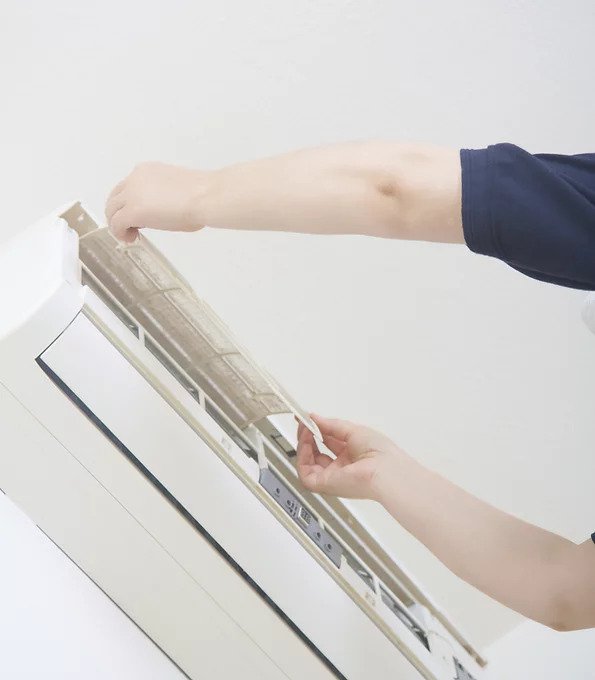Heating Cooling Contractor Livonia
How should my thermostat be set?
The general rule of thumb in terms of energy efficiency is that summer should be hotter than winter, and winter should be colder. The purpose of furnaces and air conditioners is to make your home more comfortable. You need to strike the right balance between comfort and energy efficiency. We recommend that your thermostat be set at 78 degrees during the summer and 68 degrees during the winter to maximize energy efficiency and reduce your bills. Your personal preferences and the efficiency of your home in terms insulation, ducts, filters, ceiling fans, blocked vents, etc. can all affect the ideal temperature for your home.

Is R-22 refrigerant being discontinued?
Yes. R-22 is not allowed in new equipment because of environmental regulations. R-22 is still being produced because many residential air conditioner units still use it. It is being phased out slowly. The production of R-22 is expected to decrease by 99.5% by January 2020. It will be more expensive and harder to find. You might consider changing to a more modern system if you have R-22 refrigerant.
What should I do if my system isn't working in certain rooms?
It is common for rooms to have slight temperature variations, particularly if there is only one thermostat. It could also indicate poor duct design or problems with air filtration. We offer free consultations to identify the problem and provide solutions.
What is emergency heat?
All Heat Pumps operating in northern climates (below 34 degrees) require a supplemental heating source. It is usually in the form electric resistance heating, at the indoor unit. It is an all-electric Heat Pump. However, it can also be a hot-water or oil back-up system. Second-stage, or back-up heat, is what the supplemental heat is known as. First-stage refers to the Heat Pump alone. Your emergency heat is when your supplemental heat (2ndstage) works by itself without your heat pump (1ststage heat). Although different thermostats and systems have different methods of determining when second-stage heat is activated to aid the heat pump, it is always done automatically. Both stages work together during the colder months. It is not necessary that you switch your thermostat to Emergency Heating. We now know that Emergency Heat is when your supplemental heat is used by itself.
When is it appropriate to use emergency heat?
It is used only in emergencies, as the name suggests. It's used to fix problems with the Heat Pump (first-stage heating). If your home is freezing and your heat pump isn't working properly, it would be a good idea to switch to emergency heat. You can also see the Heat Pump as a block of ice in the photo below. This is due to a malfunction. It is no longer capable of heating the room. Turn the thermostat to Emergency Heat, and then call for service. You should make it a habit to inspect your outdoor heat pump during winter months. You should inspect the heat pump for any signs of excessive snow or ice buildup. The heat pump was damaged when the unit in question froze too much. It might have been possible to fix the problem earlier, rather than spending a lot of money on a new unit.
What does Emergency Heat do?
The red indicator light will turn on when Emergency Heat is switched on. It will remain on until you turn off Emergency Heat. This is to let you know that you are in emergency mode. The outdoor Heat Pump will not receive a signal for a heat call. Only the indoor unit will operate, along with the back-up heat. This will supply enough heat for you to continue until your Heat Pump is fixed. A gas/oil/hot-water system should be able to provide enough heat.
Heating Cooling Contractor LivoniaEmergency Heat is more expensive to operate?
An all-electric heatpump is an answer to your question. Your heat pump will not work on emergency heat. It will be more costly. As the name suggests, emergency heat should be used only in an emergency situation until your heat pump is repaired. If you use Oil or Gas heat as your backup system, the answer may not be so simple. It all depends on how much fuel you use, the efficiency of your heating system and the rate at which it is used. It is certain that an all-electric system will not have a higher price.